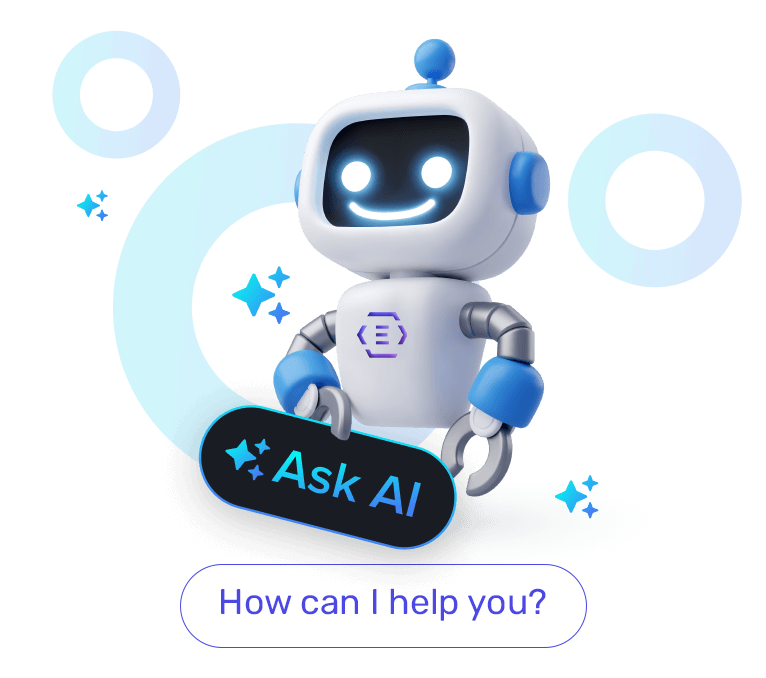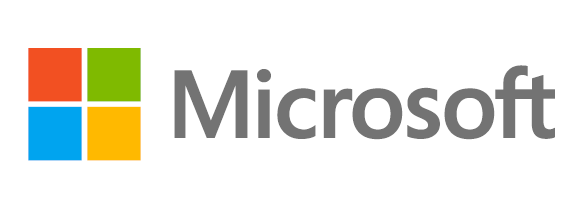I recently watched the latest instalment of the Mission Impossible series. The movie revisits the iconic scene from the first movie where Ethan Hunt breaks into the main vault of a system that was deemed unhackable. The biggest reason Hunt was able to succeed was that people were the most vulnerable point in the security chain. Fast forward 30 years, and while technology has advanced significantly, the fundamental truth remains: human factors are often the weakest link in cybersecurity. While we may not have Ethan fighting a rogue AI, the threat of cyberattacks is increasingly real. Here are my thoughts on Why Cybersecurity Should Not Be an Afterthought.
The Evolution of IT and Cyber Threats
Over the past three decades, information technology has reshaped both professional and personal spheres of life. The rise of the internet, cloud computing, and mobile devices has created a complex digital landscape that is now a key part of our lives. Workplaces have transitioned to hybrid models, leveraging tools that allow seamless collaboration across continents, while individuals increasingly depend on technology for communication, entertainment, and even decision-making.
This interconnectedness is most evident in how social media has become an essential part of our online lives. Social media not only influences how we interact but also how we perceive the world, share ideas, and even form relationships. The way we consume data has shifted drastically—from curated content streams to on-demand information fuelled by algorithms that anticipate our interests. These changes have expanded our online presence, making us more vulnerable to risks like identity theft and spreading false information.
Whether it’s the apps we use for socialising, the emails we send in professional contexts, or the devices that accompany us everywhere, our collective reliance on technology demands a robust approach to security. Cyber resilience is not a matter of choice but a necessity—not only for organisations but for individuals living in this vast, interconnected digital world.
The Impact of AI on Cybersecurity
Artificial Intelligence (AI) has revolutionised many industries, including cybersecurity. AI can help detect and respond to threats more quickly and accurately than ever before. However, it also presents new challenges. Hackers are using AI to automate attacks, making them faster and more difficult to detect. With automated bots scanning for vulnerabilities at a rate of 2,000 attempts per second, and an average of 2,244 attacks occurring each day, the standard protective measures are often not sufficient in addressing the scale of these threats.
Unfortunately, many businesses don’t see cybersecurity as an immediate concern. Alarmingly, according to Forbes, one in five SMBs neither have nor use any cybersecurity measures at all. This lack of preparedness is particularly troubling, considering that 60% of businesses shut down within six months following a cyberattack. These statistics underscore the urgent need for organisations to treat security measures as a priority, not an afterthought.
Key Takeaways:
- AI-driven phishing scams are becoming more personalised and harder to detect.
- Deepfake technology is being used to impersonate executives and manipulate financial transactions.
- Machine learning is being exploited by attackers to bypass traditional security tools.
- Attackers now use AI to mimic normal user behaviour, making detection through anomaly-based systems more difficult.
- Real-time threat intelligence powered by AI is essential to staying ahead of modern attack vectors.
- Investing in AI for defence is no longer optional—it’s a requirement to combat AI-powered threats.
Cyber Threats Are Evolving – Is Your Business Ready?
Changing Hacker Mindsets
In the early days of hacking, attackers often targeted large corporations and government entities. Today, small and medium-sized businesses (SMBs) are increasingly vulnerable. Many SMBs lack the resources to implement robust cybersecurity measures, making them attractive targets for hackers. The mindset of attackers has shifted, and they now see SMBs as easy victims due to their often inadequate security.
The Real Threat of Cyberattacks
While the Mission Impossible movies are fictional, the threat of cyberattacks is very real. Organisations of all sizes, especially SMBs must recognise that cybersecurity is not something that can be addressed after the fact. Proactive measures are essential to protect sensitive data, maintain customer trust, and ensure business continuity.
Key Reasons Cybersecurity Should Be a Priority
- Human Vulnerabilities: Just like in the movie, people are often the weakest link. Training and awareness programs are crucial to mitigate this risk.
- Financial Impact: The cost of a cyberattack can be huge, including immediate response costs and long-term reputational damage.
- Regulatory Compliance: Many industries have strict data protection regulations. Non-compliance can result in hefty fines and legal consequences.
- Operational Continuity: Cyberattacks can disrupt business operations, leading to significant downtime and loss of productivity.
- Protecting Intellectual Property: Intellectual property is a valuable asset that must be safeguarded against theft.
Conclusion
Whilst I enjoy competing in Triathlons, you won’t be seeing me running on top of a roof against a rogue AI anytime soon. However, Exigo Tech can assist you in ensuring that your security is not an afterthought. Cybersecurity must be integrated into the very aspect of business operations. With attackers constantly evolving their strategies, proactive measures are essential to safeguard sensitive data, maintain trust, and ensure operational continuity.
Exigo Tech understands the stakes involved and delivers tailored solutions to protect your business from the ever-present threat of cyberattacks. From mitigating human vulnerabilities with training programs to safeguarding intellectual property and ensuring compliance with stringent regulations, we help businesses stay ahead of the curve. Because in the world of cybersecurity, the best defence is a well-prepared offence.
 Singapore
Singapore Australia
Australia Philippines
Philippines India
India Brendan Fazel | Jun 02, 2025
Brendan Fazel | Jun 02, 2025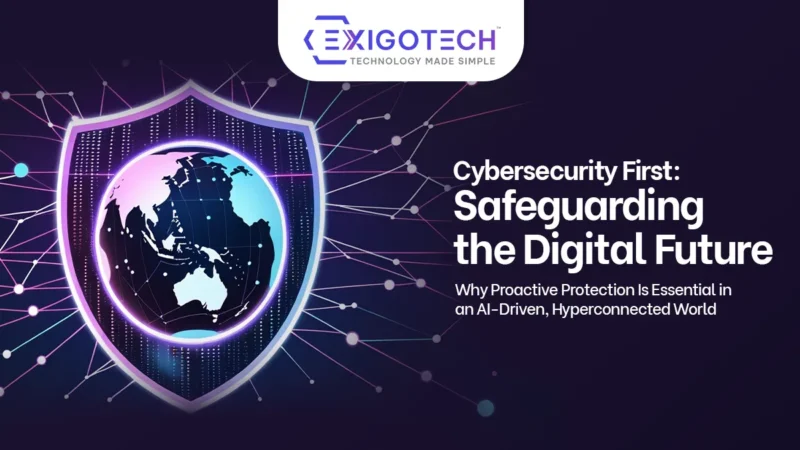
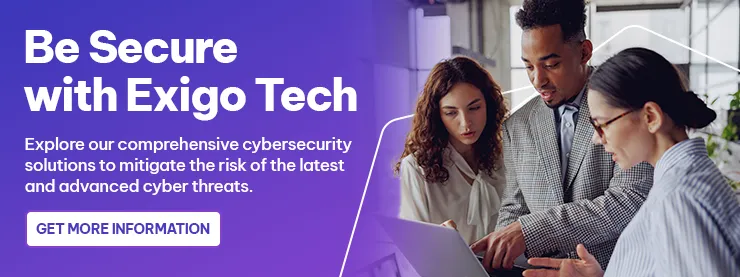
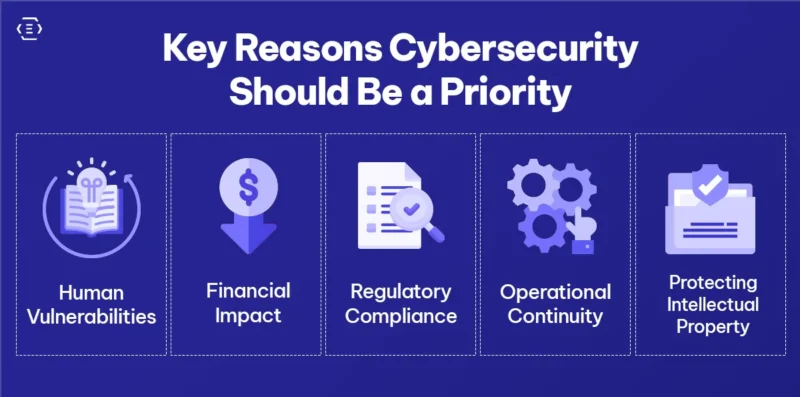
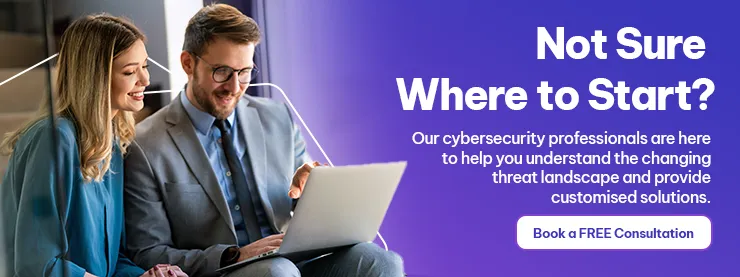
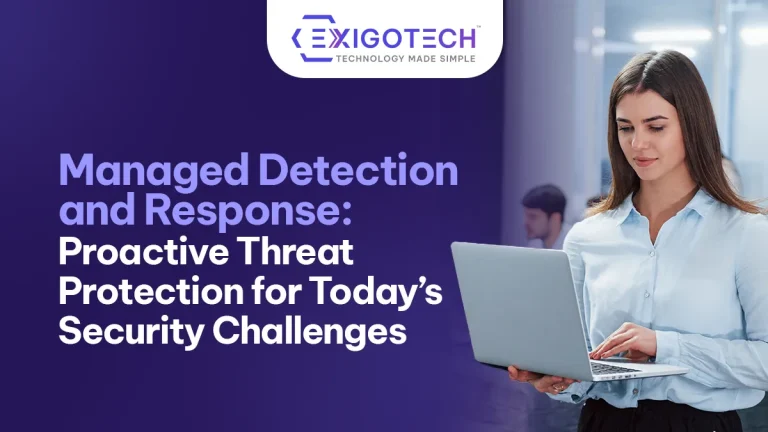
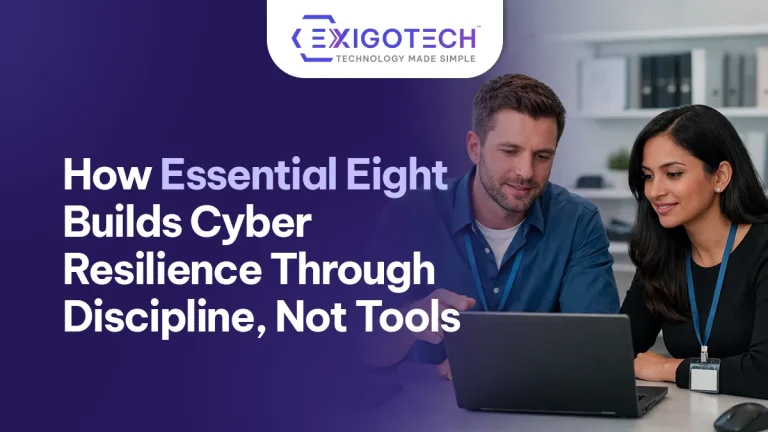

 Exigo Tech - Ask AI
Exigo Tech - Ask AI
